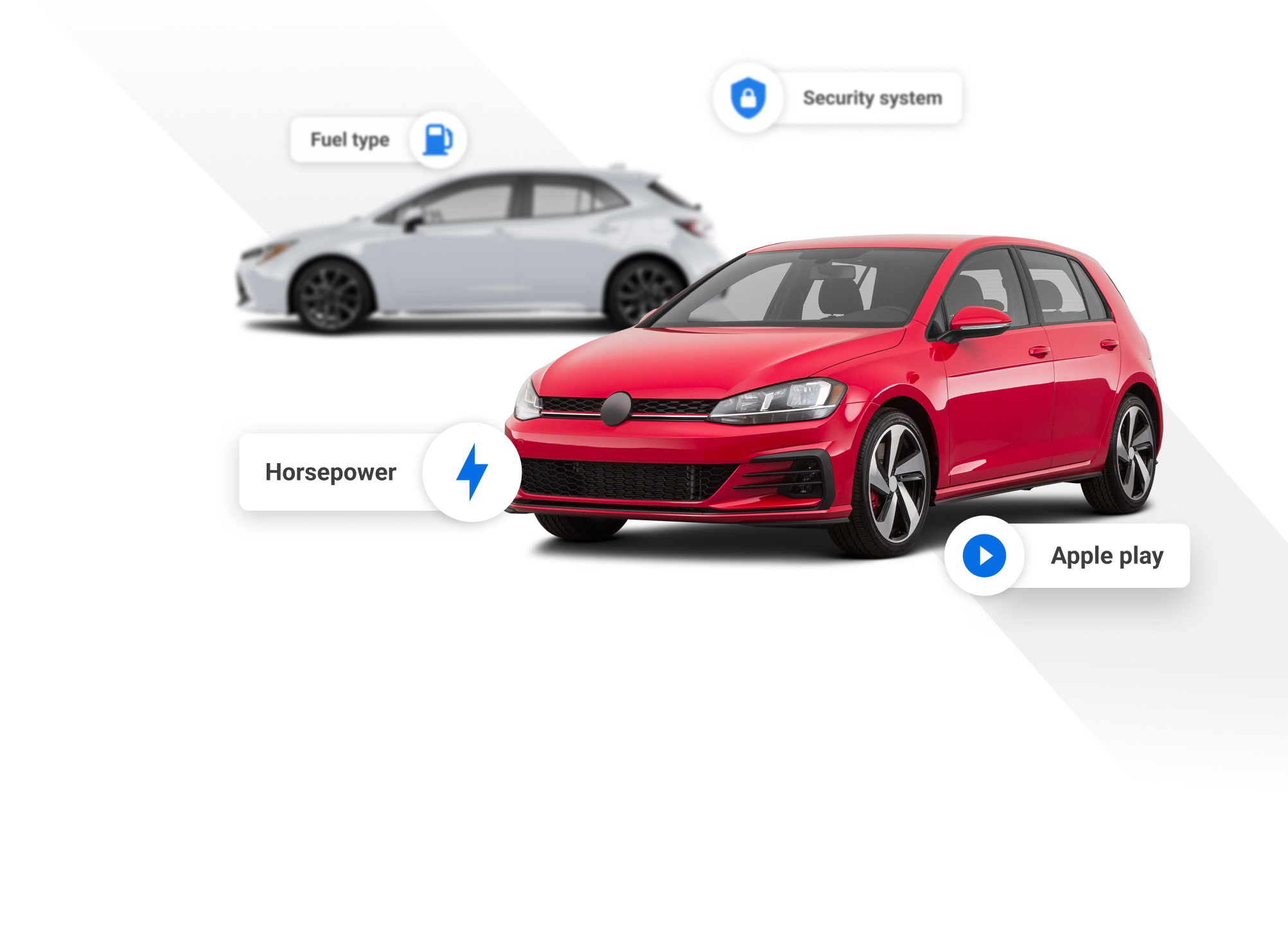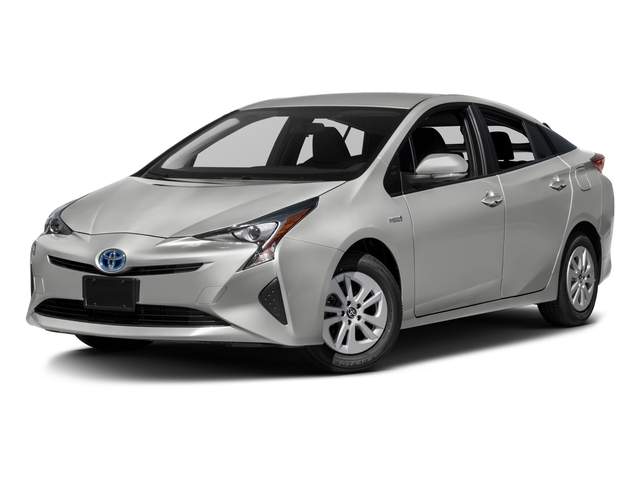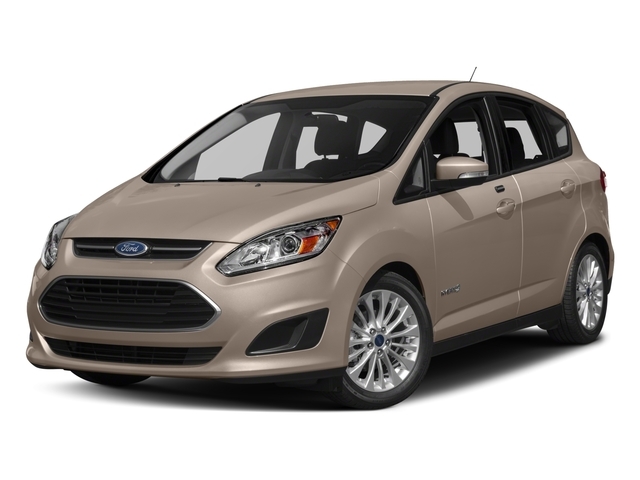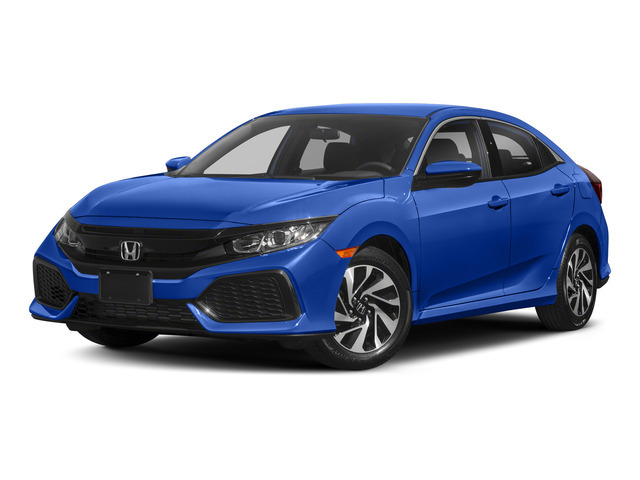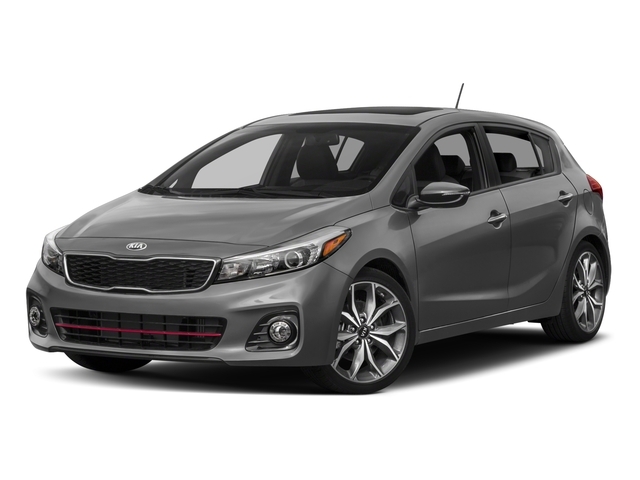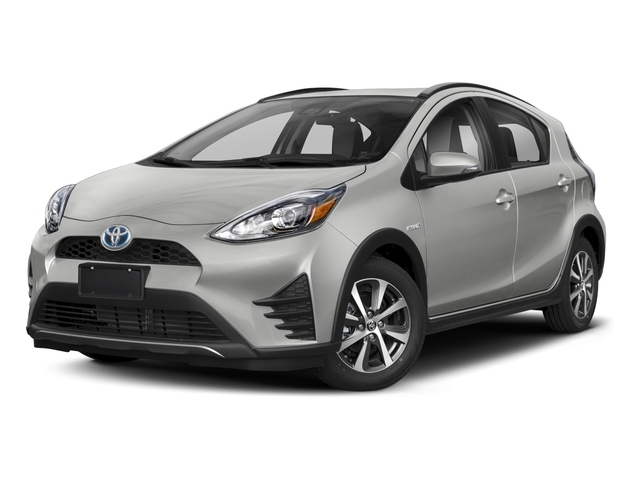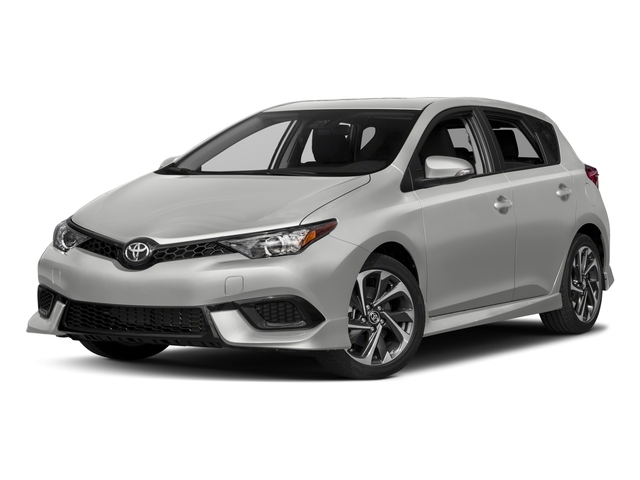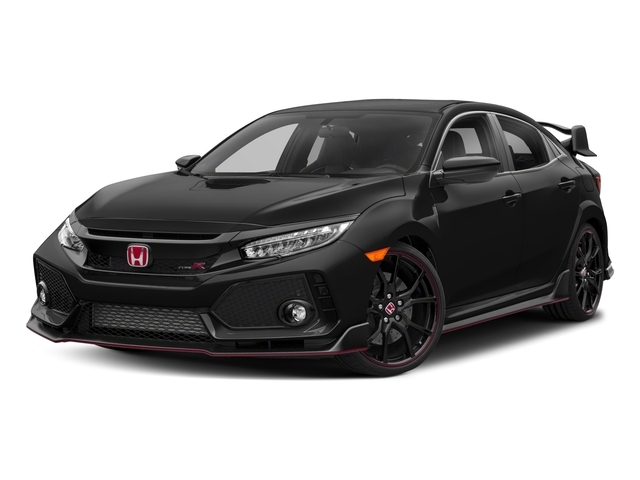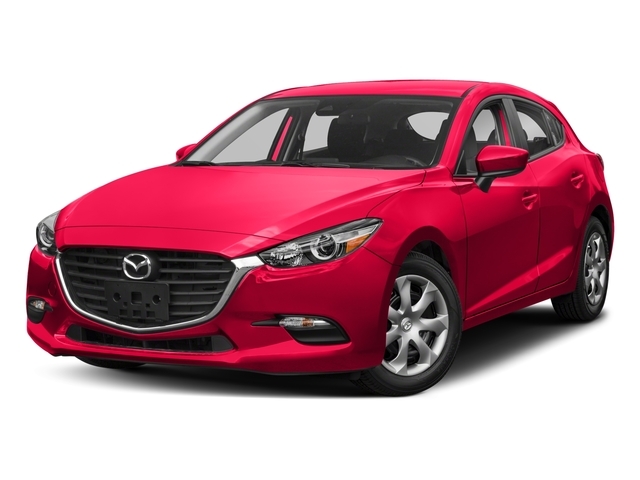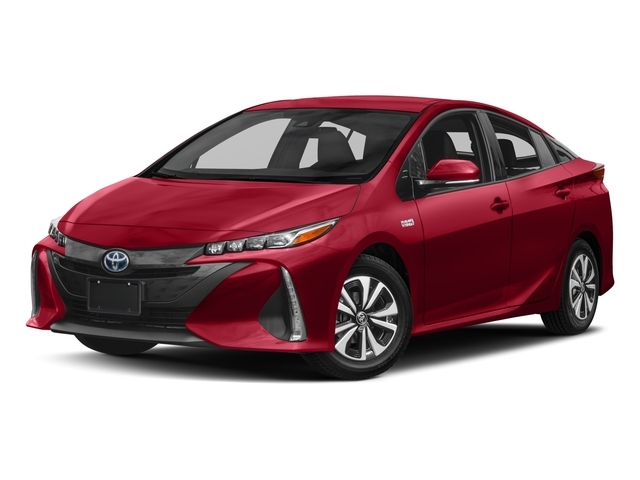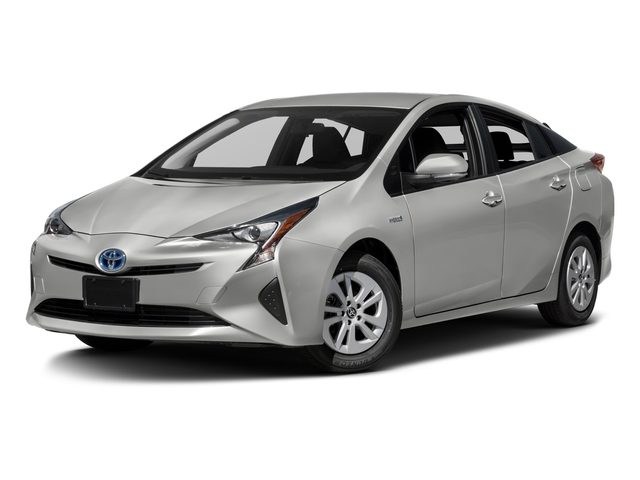
2018 Hyundai Ioniq

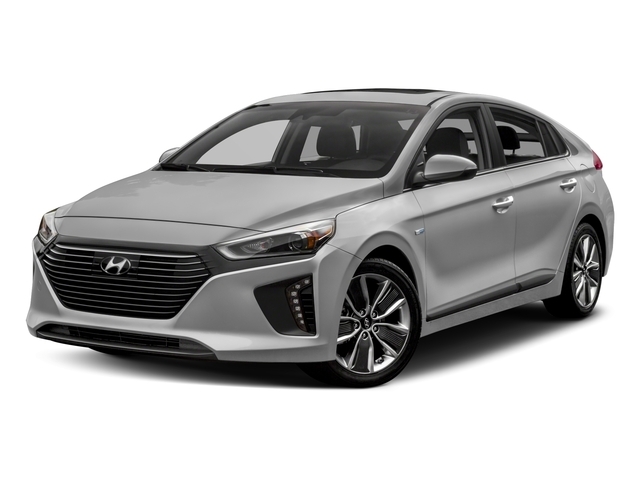
Key Specifications for 2018 Hyundai Ioniq






Buyer’s Guide
Hyundai expands its electrified vehicle range for 2018 with the addition of a third variant of its Ioniq range, a plug-in hybrid (PHEV) that joins the hybrid and full-electric models that debuted as 2017 models.
Like the hybrid model, the new PHEV uses a 1.6L gasoline engine that works with an electric motor to make 139 hp and 195 lb-ft of torque. The PHEV's advantage is in its larger battery (8.9 kWh versus 1.56 in the standard Hybrid model) and plug-in charging capacity, which allow the car to travel a promised 40 km on electricity alone.
Of course, that's nothing compared to the Ioniq Electric's roughly 200-km range. But the new PHEV represents a happy medium for drivers not quite ready for an all-electric lifestyle.
Hyundai says the Ioniq Hybrid will go nearly 1,000 km on a tank of gas, but for the right driver the PHEV model could consume almost no fuel if kept charged and used primarily for city driving.
While the Electric is a direct-drive affair with a single gear ratio, Hybrid and PHEV models share a six-speed dual-clutch automatic transmission to feed the drivetrain's power to the front wheels. Hyundai says that allowed it to endow the Ioniq with more direct throttle response and a more efficient transfer of power to the wheels. Hyundai knows Hyundai best, but Toyota and Ford seem to have no trouble getting efficient performance from their hybrids using smoother continuously variable transmissions.
Speaking of Toyota and Ford, those two are established players in an electrified vehicle market in which the Ioniq faces a tough battle to win buyers, particularly next to Toyota's Prius. Hyundai's advantage there might be that Toyota has yet to bring an all-electric model to market, though that day can't be far off.
For now, the PHEV model gives Hyundai a larger presence in a market segment that's growing quickly thanks to the visibility of Tesla and its high-performance line of electric vehicles.
Hyundai may offer the Ioniq with a wider range of powertrains than most electrified models, but its all-electric variant came along just before Nissan redesigned the Leaf into a second generation with nearly 25 per cent more range than the Ioniq. Hyundai also has to contend with the Chevrolet Bolt, which represents a big step forward for compact electrics thanks to a promise of more than 380 km of driving on a charge of its battery.
Ioniq Hybrid's fuel consumption estimates get as good as 4.2/4.0 L/100 km (city/highway) in a super-efficient Blue trim. The new PHEV is rated at 4.4/4.6 when running in hybrid mode, and 2.0 Le/100 km when cruising on electricity. The Ioniq Electric's ratings are 1.6/1.9 Le/100 km.
Review & Compare:
Photos

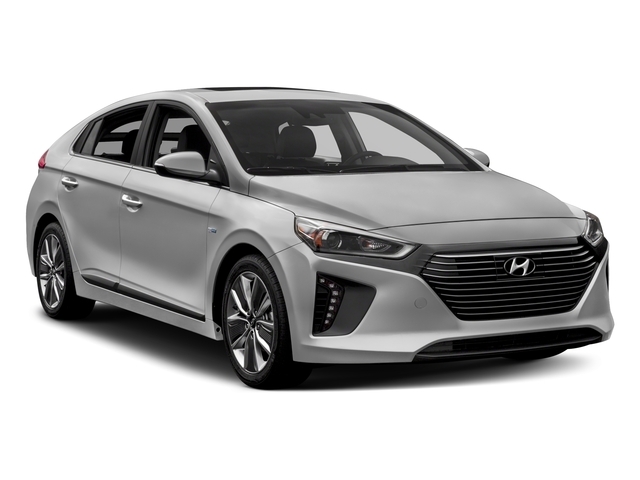
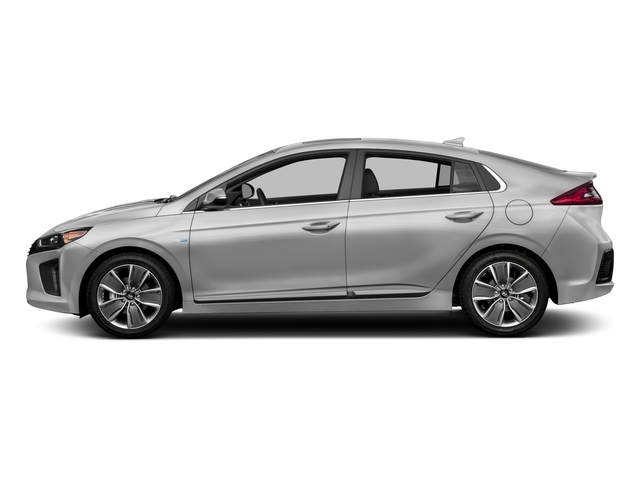
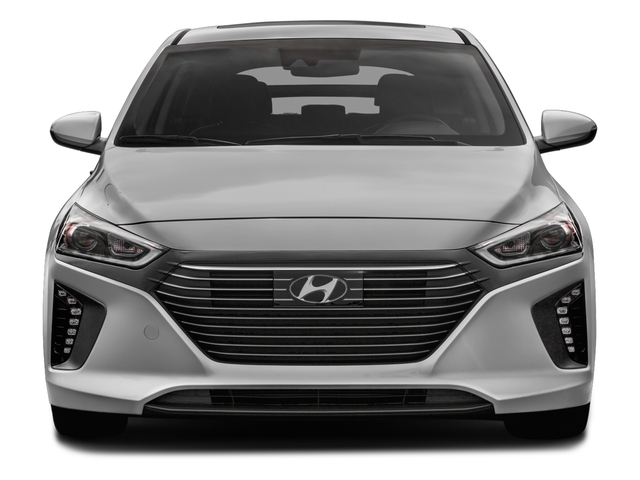
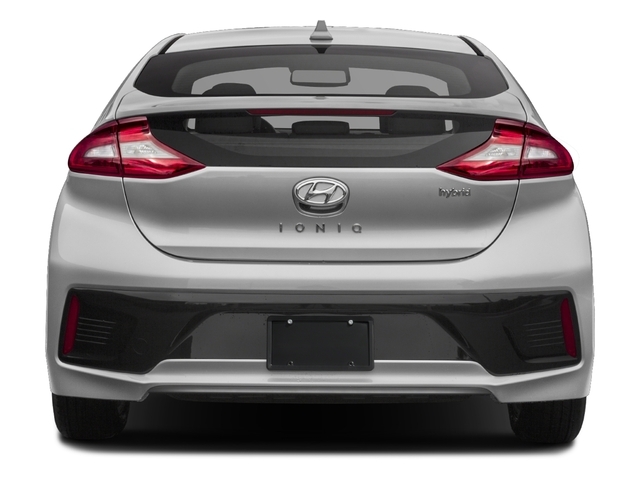
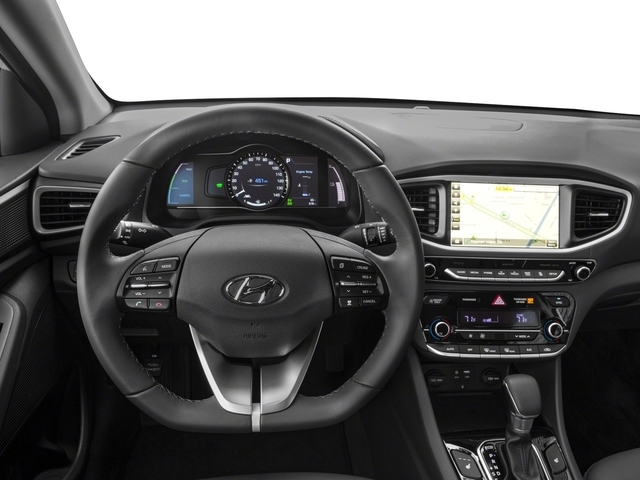
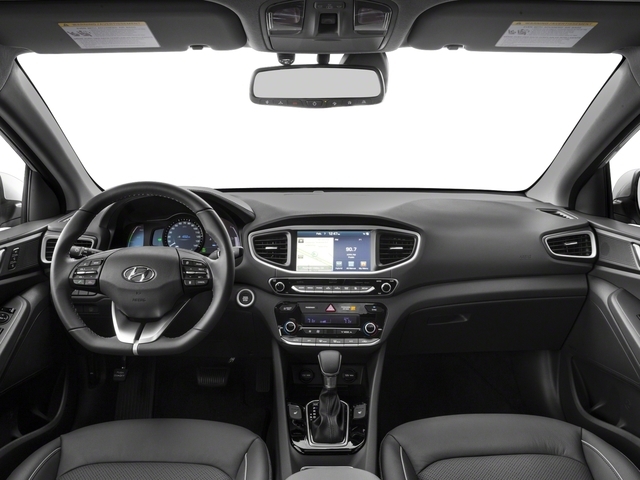
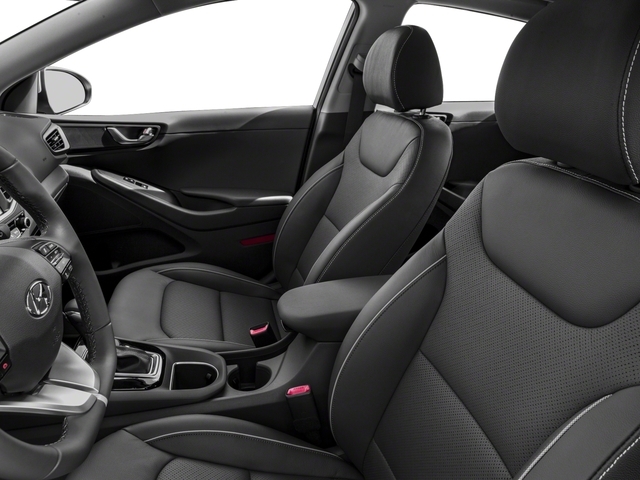
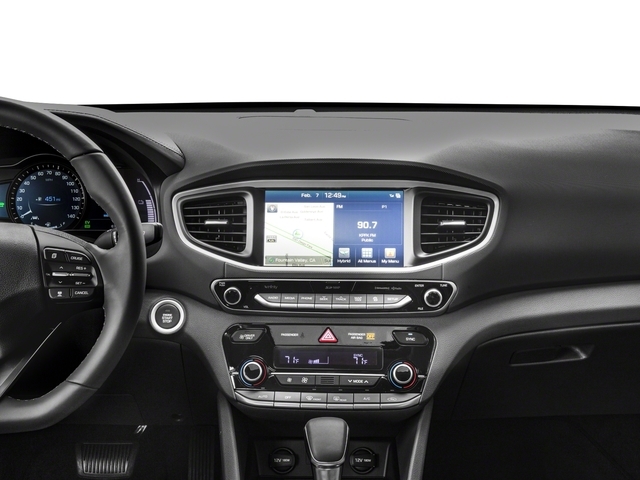
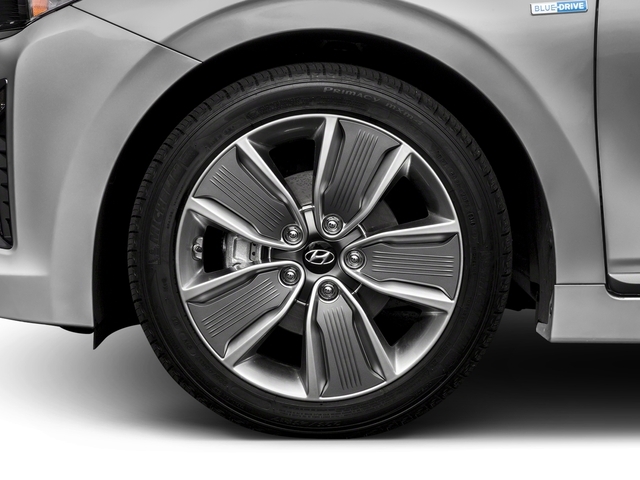
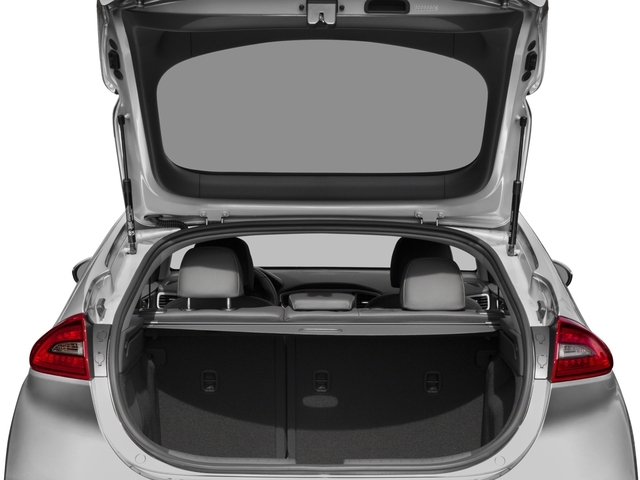
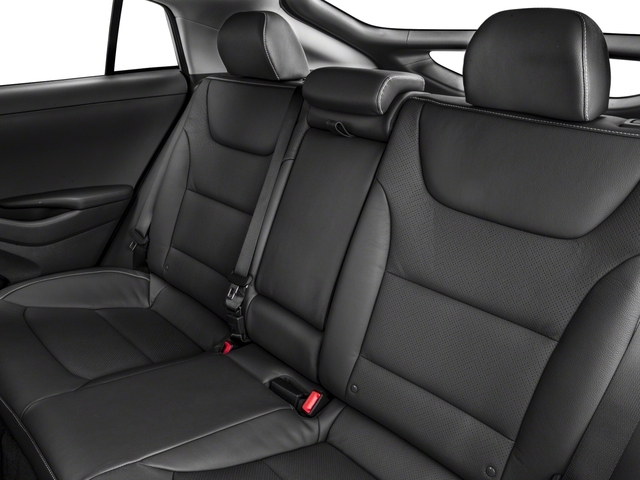
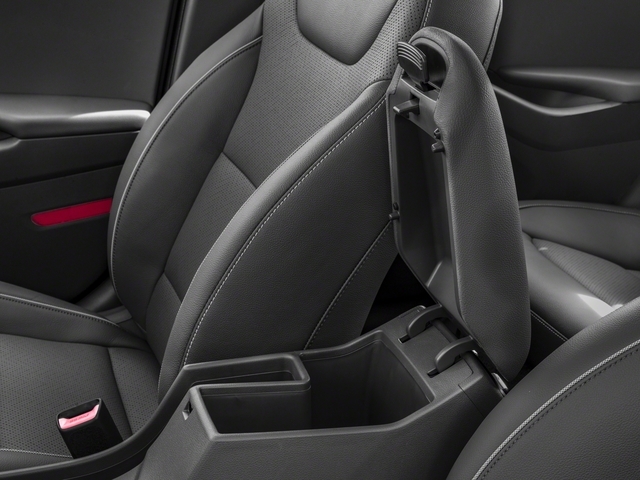
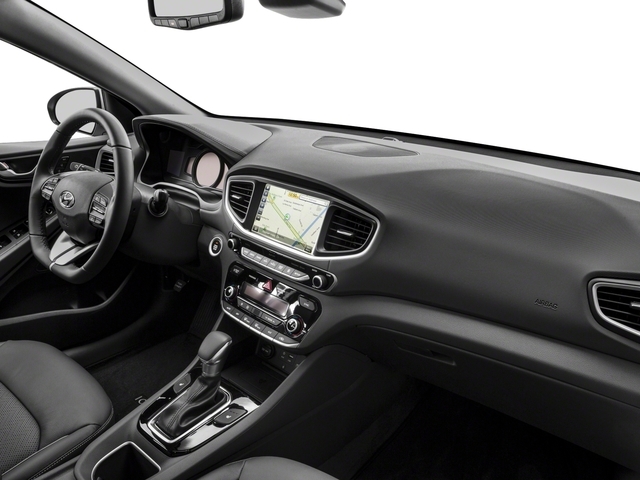
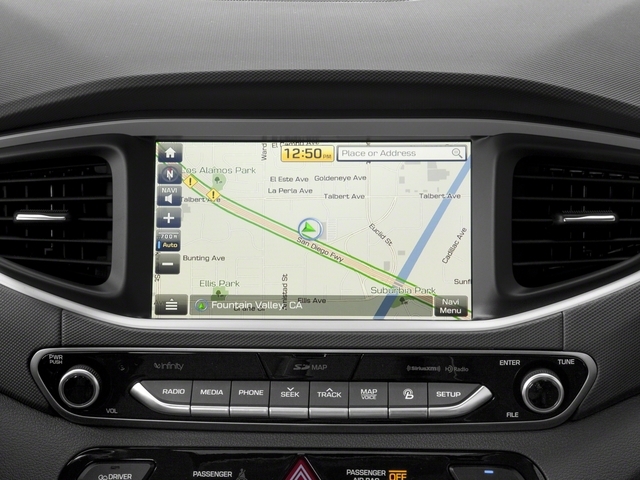















AutoTrader Review





